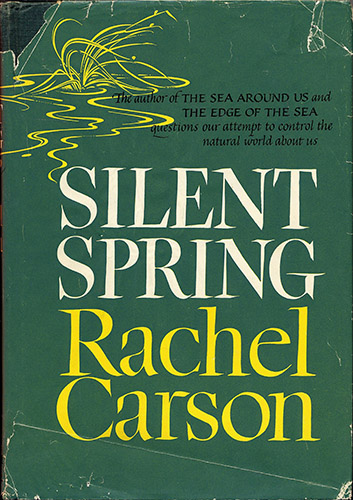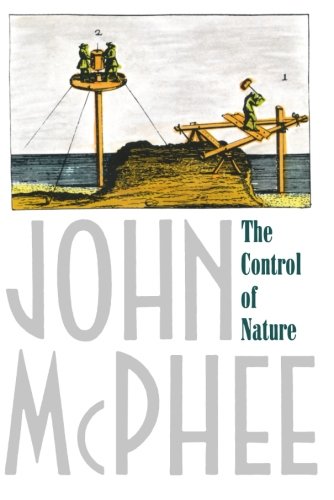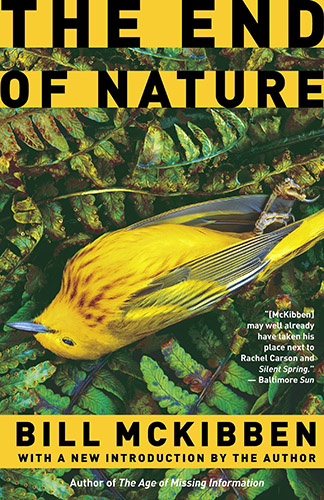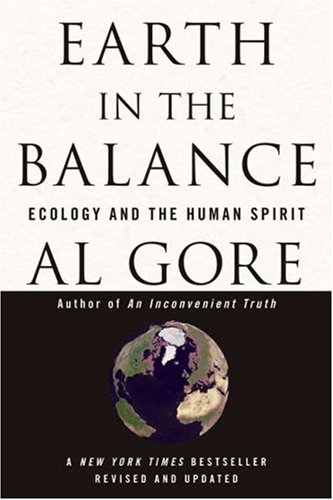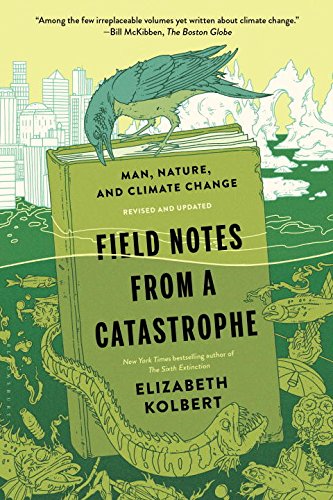ESSENTIAL ENVIRONMENTAL READS — BOOKS
For anyone just beginning to think about the grave costs of our inaction on climate change and environmental degradation, there is, fortunately, a long list of essential books to read. These books are where you’re going to want to start, because they all pre-date our current age, in which human-caused climate change is largely accepted as fact. (Although here in the United States, we have a healthy chunk of deniers, more so than any other wealthy nation in the world.)
I’ll continually update you on newer books, but I wanted to start with these five classics:
Silent Spring
Rachel Carson
Originally published in The New Yorker, when Carson’s Silent Spring was released in book form, it became the catalyst for America’s environmental movement. Carson focuses on the dangers of pesticides, particularly DDT.
The Control of Nature
John McPhee
If you want to understand how to intertwine human interaction with the natural world, you could stop with McPhee. He is a master of writing about place via the human character and condition, which opens his stories up to a vast swath of readers. The Control of Nature is all about our attempts to control the Mississippi. And, if you read my book, you’ll understand why my favorite McPhee book is The Pine Barrens.
The End of Nature
Bill McKibben
McKibben has become one of the world’s most vocal, and powerful, climate activists. The organization he co-founded, 350.org, has built a global network of climate activists and community groups. But, it all started with McKibben’s 1989 book, The End of Nature, which was one of the first books to raise alarms about the effects greenhouse gases were having on the planet.
Field Notes from a Catastrophe
Elizabeth Kolbert
What’s interesting about Elizabeth Kolbert is that she never started out wanting to be one of America’s foremost voices on anthropogenic climate change. And yet, Field Notes from a Catastrophe (aside from being an excellent title) made Kolbert just that. Her follow-up, The Sixth Extinction, introduced much of the world to the fact that we are now living in the Anthropocene — the Age of Humans.

